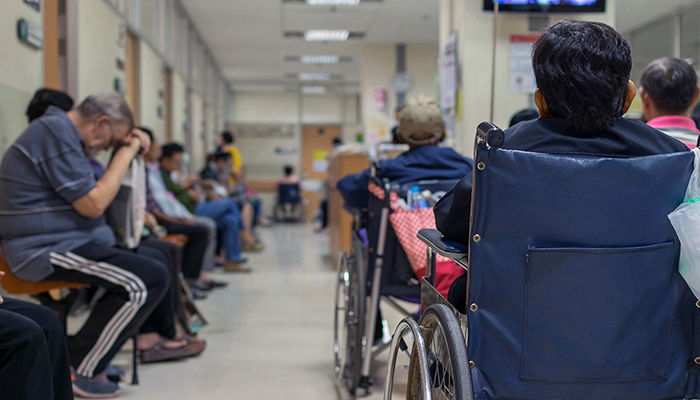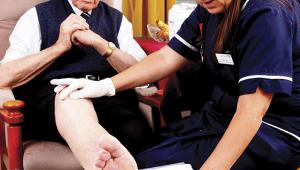
Image © Shutterstock
Billions of pounds could be pumped into the economy by investing in community or primary care, new research has concluded.
A report for NHS Confederation has calculated that for every £1 invested in community or primary care, there is up to a £14 return back into the local economy through gross value added (GVA) - the measure of the total value of goods and services produced in an economy.
Researchers, in their analysis ‘Creating Better Health Value’ , revealed that in the five years between 2015 and 2019 places in England that most increased NHS spend in primary and community care experienced far higher GVA growth in their areas than those that spent the least on these services.
The return from funding more preventative care are gains in productivity, as improved health outcomes make individuals more productive within the economy, as well as increased employment, both directly and indirectly.
NHS Confederation argued that £1bn could potentially generate £14bn in growth, so the additional taxation revenues would have more than paid for the original NHS investment.
The government was urged to widen its focus from just focusing on resolving the post-Covid backlog of operations.
Matthew Taylor, chief executive of the NHS Confederation said: “While we know that bringing down waiting lists is important, if we only focus on what happens in hospitals then the risk is that we are constantly fighting an unwinnable war at the most downstream end of the care process.
“Instead, we need to start delivering on the long-term aspiration to shift resources upstream into prevention, primary and community settings. This new kind data makes an unarguable case for which forms of investment have the greatest potential benefit not just for patients but for wider society.”
He added: “The message for the government as its starts to consider is autumn statement is clear: without the necessary investment upstream in prevention and in primary and community care it will be difficult to make the crucial shift to preventing ill health in the first place or to maximise the wider benefits of health spending.”
The research backs up a claim by campaigners and unions that public sector investment delivers a wider boost to the economy because employees spend their money in the communities where they live.
In an interview with PF, Unison’s general secretary Christina McAnea explained: “Public sector workers spend their money in their communities. It’s not just their livelihoods. It’s the local sports centre, the cafes and pubs. What happens when you take that away?”
Ben Richardson, managing partner at Carnall Farrar which carried out the research, said: “We were able to demonstrate a link between health spending and economic growth, which suggests that money spent on health isn't just cost, it's an investment that generates a substantial return in economic growth.
He added: “We suggest two potential mechanisms through which NHS spend increases local GVA. The first mechanism may be that spending, especially on primary and community care, supports in keeping people healthy - or as independent as possible - which in turn maximises workforce participation and productivity.
“The second mechanism may be that investment in the NHS creates jobs which generate economic growth, reflecting the NHS’ role as an employer and anchor institution.”











